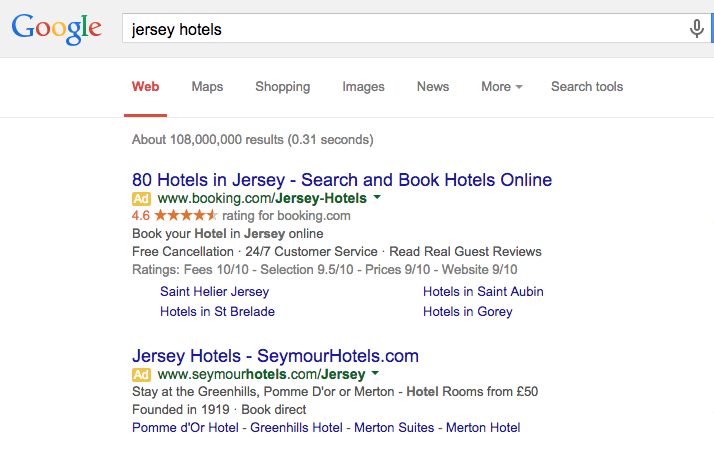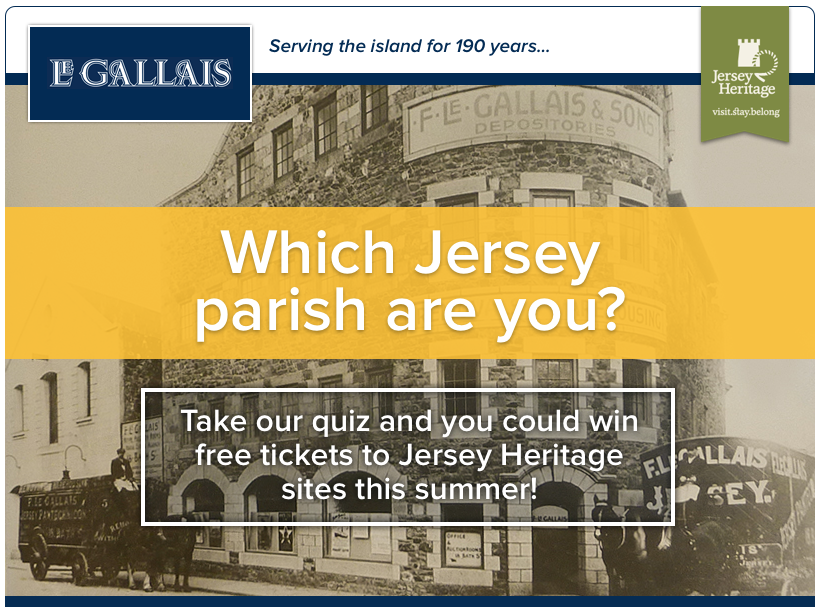 If you’re like most businesses we encounter, your reaction to the headline above is quite possibly, “What’s digital marketing?”
If you’re like most businesses we encounter, your reaction to the headline above is quite possibly, “What’s digital marketing?”
The easiest answer to that question, from a commercial perspective, is “potentially the answer to your greatest frustrations about how to get value and measurability from your marketing budget.”
My personal view of digital marketing is founded on a marketing career that started in 1994, when print was the only realistic marketing channel for most businesses, and measurability was something reserved the most aggressive parts of the direct marketing industry. Remember those bits of junk mail on your doormat saying “Reply quoting code XYZ456”?
Having managed 7-figure annual marketing budgets through the nineties and early noughties, with little chance of ever reporting hard results to my board, for me the emergence of digital marketing techniques around the turn of century was an exciting new door opening in my career.
Here was a chance to spend some marketing money and see, sometimes immediately, exactly what you were getting back from it. Not only that, but the sums involved were a tiny fraction of what I’d come to expect to pay for a typical campaign. And the opportunity to test ideas, refine them, ditch the bad ones and continuously improve things was completely liberating. Compared with the world I’d come from, where spending was typically planned in 12 month cycles, and barely any measurement possible, this was a revolution.
The effect of this revolution in the past 15 years? The typical cost of marketing a business, especially a small or start-up business, has potentially reduced dramatically with a corresponding potential increase in effectiveness and value for money.
Why “potentially”?
Because in 2015 many businesses, new and long-established, are still unaware of the quite extraordinary digital marketing opportunities that they could benefit from.
So here’s a brief journey through the digital marketing toolbox, to help you understand what’s potentially at your disposal.
Of course, any important DIY job typically needs the use of more than one tool in your kit, and digital marketing campaigns are no different. So here we’re talking about tools in isolation from one another. In practice you’d likely find yourself using them together, in a co-ordinated way, for maximum effect.
Email marketing
Real world result: £30 spent, £4000 in sales achieved.
We all hate email spam, but we’re not talking about spam here.
The secret of all really effective digital marketing is relevance. Like certain other forms of digital marketing (and most traditional non-digital forms of advertising), email marketing is by definition intrusive. But that doesn’t necessarily make it unwelcome.
If you only send to people who have agreed to receive your emails, match your content to the interests of your recipients, and make sure that you get the frequency and timing of your emails right, you minimise the risk of being intrusive and unwelcome.
The results we’ve seen for our clients, when they do email marketing right, have been seriously impressive and make an excellent case for email marketing generally.
Search advertising
Real world result: £650 spent, £6400 generated in ticket revenue.
When is the best moment to advertise to someone? When they’re actively looking for your product or service.
Back in 2000 Google changed advertising forever when it launched search-based advertising: the relevant “Adwords” that you see around the search results Google shows you.
 Search advertising allows you to target an audience who you know are looking for something relevant to what you offer, and who are in the geographical area you’re interested in.
Search advertising allows you to target an audience who you know are looking for something relevant to what you offer, and who are in the geographical area you’re interested in.
And because you can define your budget limit, and you only pay Google when someone clicks to visit your web page, you have both total control of spending and direct value from every penny you spend.
This is a level of accountability that traditional forms of advertising just can’t match.
Webreality clients have been benefiting from search advertising for over a decade, with many driving a substantial proportion of their total revenue from this form of marketing.
Digital display advertising
Real world result: £250 spent, 300,000+ page views and over 500 clicks achieved.
What if you’re advertising something that people won’t be searching for? A new product or service? A luxury that people don’t know they need? Or just looking for a really cost-effective way to keep your brand in people’s minds?
This is when targeted and relevant, digital display advertising works brilliantly.
“Display” simply means that it’s pictorial in character, as opposed to the text-based nature of search advertising. So think of a traditional newspaper ad, but visible online.
The really clever bit is where it’s visible. This is not just putting a display advert on the website of your local newspaper and hoping enough people see it. Let’s face it - for every visit to such a local website, your target person will also visit dozens of other websites from all over the world. Instead of placing an ad and hoping your audience turn up, this is about placing your ads where your audience want to be - your ads move around the web according to where your local audience are spending their online time. This is made possible by Google’s “Display Network” - over 2 million websites worldwide that make space available to display advertisers via Google.

And just like search advertising, you only pay when someone clicks to visit your web page. So you can potentially generate mass brand visibility for a fraction of the cost of a traditional media approach.
We’ve seen clients achieve extraordinary brand building feats using digital display advertising in recent years.
Remarketing
Real world result: £15 spent, a thousand views of a video generated with YouTube advertising.
Take digital display advertising, and add a new layer of hyper-targeting, and you have “Remarketing.”
What do you know about someone who’s visited your website? Chances are they’re interested in what you have to offer. Especially if you know that they’ve visited a particular page about a specific product or service. So today they’re looking at a page on your website about, let’s say, your landscape gardening service. Two days later they’re online again, looking at a web page about hiking, and there, on that very page, is your advert for the service they were browsing on your website two days ago.
This is “Remarketing”.
Again, you don’t pay for the advert to appear each time until someone clicks through to your web page, and you can set the parameters for your campaign - including how soon after visiting your website someone can see your first advert - so you have the opportunity to remind people about your offering in a subtle but highly targeted way.
Remarketing is typically done with display ads, but can also be done with text based ads and video ads placed as "pre-rolls" on YouTube clips.
One important caveat here: remarketing carries some reputational risk if not used sensitively. As web users, we are becoming increasingly aware of our privacy and how data relating to our behaviour is used. Remarketing depends on the placing of tracking cookies on the device of the person who visits your web page. It's perfectly legal and ethical, but is open to abuse, and many operators do abuse it through unduly intrusive tactics. We always plan the start date, duration and frequency of remarketing campaigns to minimise reputational risk and safeguard against excessive advertising to individual web users.
Social advertising
Real world result: £11 spent, over 700 e-mail addresses acquired.
Whether you like it or not, unless your name’s Mark Zuckerberg, people are unlikely to spend much time hanging out on your website.
But they really do spend a lot of time hanging out on Facebook and other social media sites and apps. Research published by GlobalWebIndex.net in January 2015, based on data from 170,000 respondents, showed that in 2014 the average amount of time spent online on social networking rose to almost one hour forty five minutes per day. Social networking is the new TV in terms of reach.

And what Mr Zuckerberg has delivered to you is the ability to target your advertising at people according to an array of attributes - gender, age, location and interests.
This is targeting and contextual gold dust: you can show people highly relevant ads in the place where they enjoy spending their time.
Social media content
There’s so much more to social media than funky Tweets and Facebook posts.
As our recent Facebook quiz launch for Le Gallais estate agents shows, some creative thinking in planning your social content can generate huge visibility for your brand, product or service.
The quiz is still running so the results are not yet finalised, but progress to date has been excellent against the measurable objectives. Additional likes and social shares can be measured in the hundreds, new email addresses in the thousands, and average traffic volumes to the Le Gallais website have almost doubled since the launch of the quiz.
We’d be very happy to help you come up with the right approach for your needs.
Video marketing
Think about all the most memorable and engaging video clips you’ve seen online over the years. Chances are that most of them were home made, or certainly not Hollywood studio standard.
Video as a promotional medium has been democratised by the web. There are still times when it pays to employ a professional video producer for marketing, but non-professional video content is working brilliantly for many small businesses as a way of promoting products, telling the story of the organisation, or simply portraying the human face of the business.
Video isn’t just for the big boys and girls any more. What could you do with it?
What next?
We hope that the real world results we've shared here illustrate the huge potential in cost-effective marketing represented by these techniques.
If this article has piqued your interest, why not get in touch? We'd love to discuss how you could benefit from the digital marketing revbolution. Please email Mark Evans if you'd like a chat about the opportunities.
